Jarrod Harbrow has finished his 2018 campaign as a well-deserved finalist for the 2018 Jim Stynes Community Leadership Award off the back of his work to help Indigenous athletes reach their full potential.
Harbrow was in attendance at the Brownlow Medal on Monday night where he was one of four AFL players in the running for the award.
In the
A lot of Harbrow’s work has contributed to the Gold Coast
This year the club smashed that target, recording 5,863 hours from staff and players, the most in the club’s history and a 10% increase on 2017’s number.
Those 5,863 hours consist of time spent raising awareness
This year the SUNS once again took their community programs to North Queensland, hosting AFL Community Camp in Townsville, Mackay and Rockhampton as well as visiting clubs in Cairns.
In total, the
VIEW INFOGRAPHIC: SUNS reach a record 5,863 community hours
Hailing from Cairns himself, Harbrow has a strong connection to his local community and has made it his mission to provide support to other aspiring Indigenous athletes from North Queensland regions.
In 2018, his Harbrow Mentoring program (which was founded by his brother Marc Harbrow in Cairns) reached new heights after Jarrod launched a leadership and professional development course on the Gold Coast.
The program involved Indigenous members of the Gold Coast SUNS Academy who had relocated to the Gold Coast in the hope of one day becoming professional athletes in the AFL.
“They’re our next generation of young leaders and I feel it’s important to help and support them as much as possible both on and off the field,” Harbrow said.
“I want the boys to share in the same experiences I’ve had as an AFL player so I get them involved as much as I can and support them in different ways.”
There were three key values Harbrow wanted the program to represent: leadership, professionalism and resilience.
Every week there was a new topic to discuss and learn – based on what Harbrow believed would best help the boys prepare for a career in football.
“These values have been very important to my career and if I can teach these boys as much as I can, I hope to leave these boys with a positive impact and hopefully they become strong, young indigenous leaders,” Harbrow said.
“I’ve
“We also had a couple of guest speakers through the eight weeks.”
2018 is the second time Harbrow has been a finalist for the Jim Stynes award after he was also nominated in 2016.
He also won the SUNS’ Community Award at the 2018 Club Champion for the third time after claiming it in 2012 and 2016 previously.
Harbrow told SUNS TV’s Touk’s Talk his passion for mentoring is something he would pursue in the coming years after football.
WATCH: Touk’s Talk – Jarrod Harbrow
“Eventually at some
“Schools, footy clubs, youth development programs, organisations, businesses – all that type of stuff.
“To move into something like that post-footy is something that I obviously would enjoy and it’s just about me trying to gain experience in this area now.”
Harbrow is hoping to expand on his eight-week program again next year, with plans to involve more AFL Indigenous players as mentors and include Indigenous women from the SUNS Academy who may be relocating to the Gold Coast for football.
If all goes well, the 30-year-old may even introduce the idea of Indigenous talent camps as a way to get more youths involved in the game.
While Harbrow’s main focus remains on his football for at least the next two years, there is no doubt the Indigenous community will be in good hands once he decides to finally hang up the boots when the time is right.


